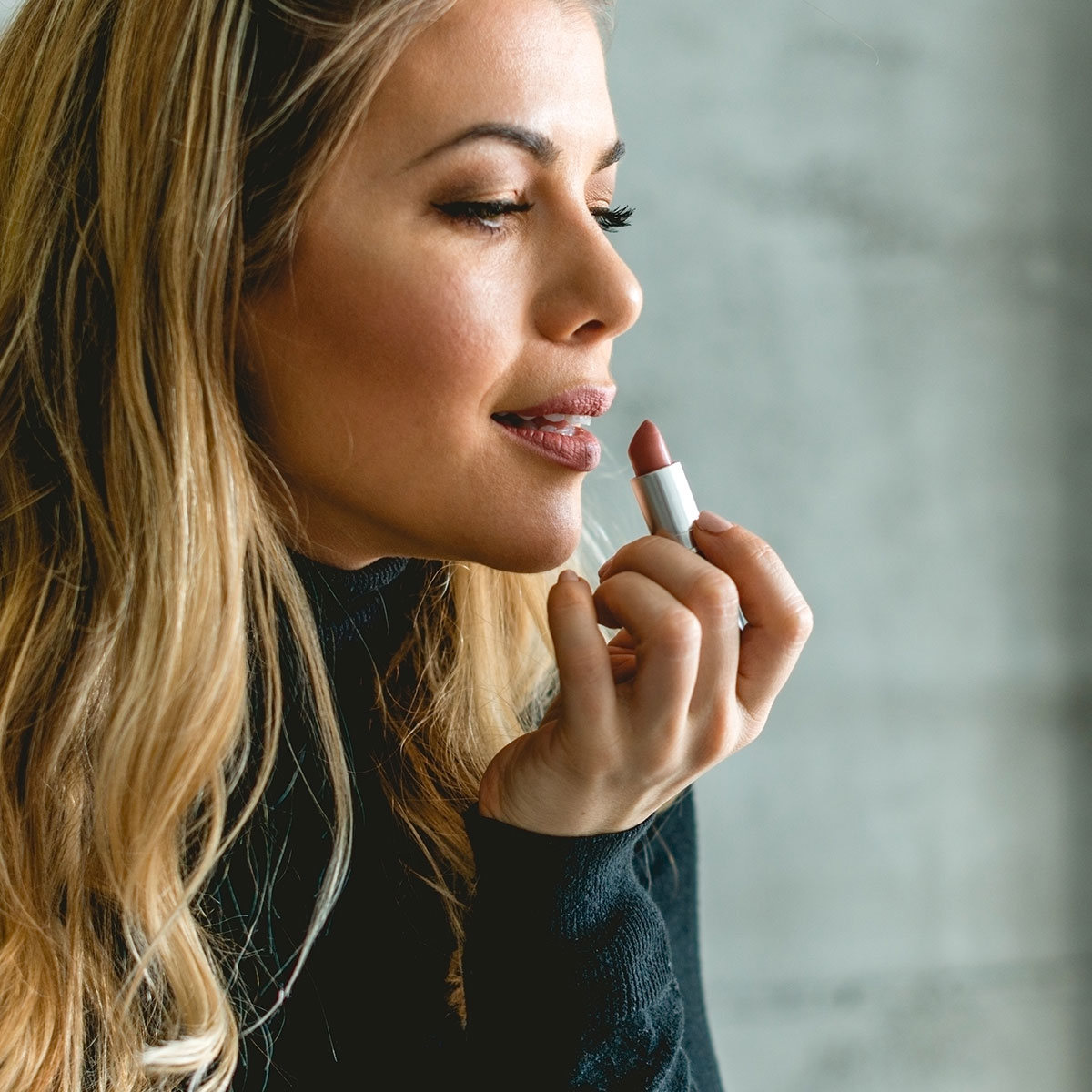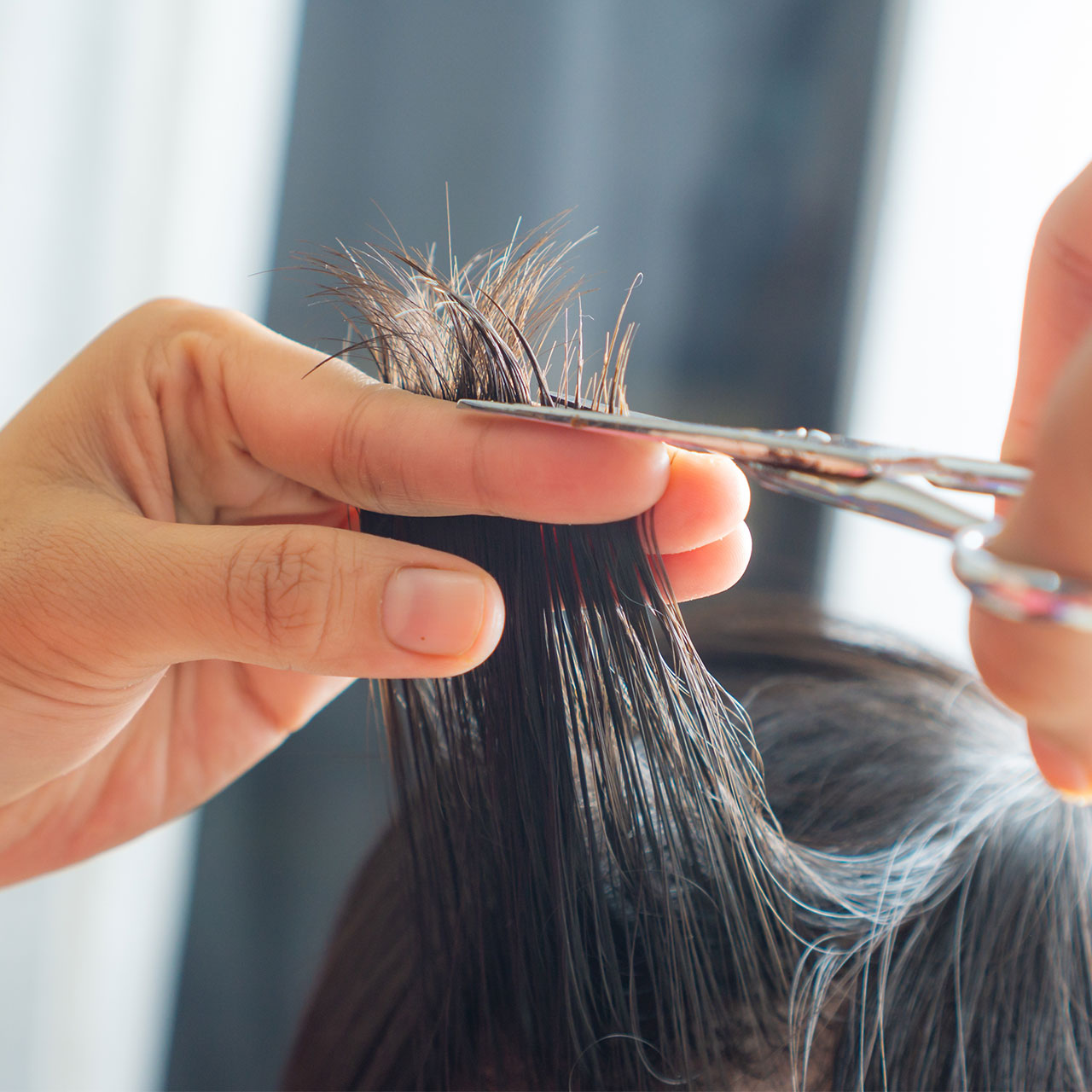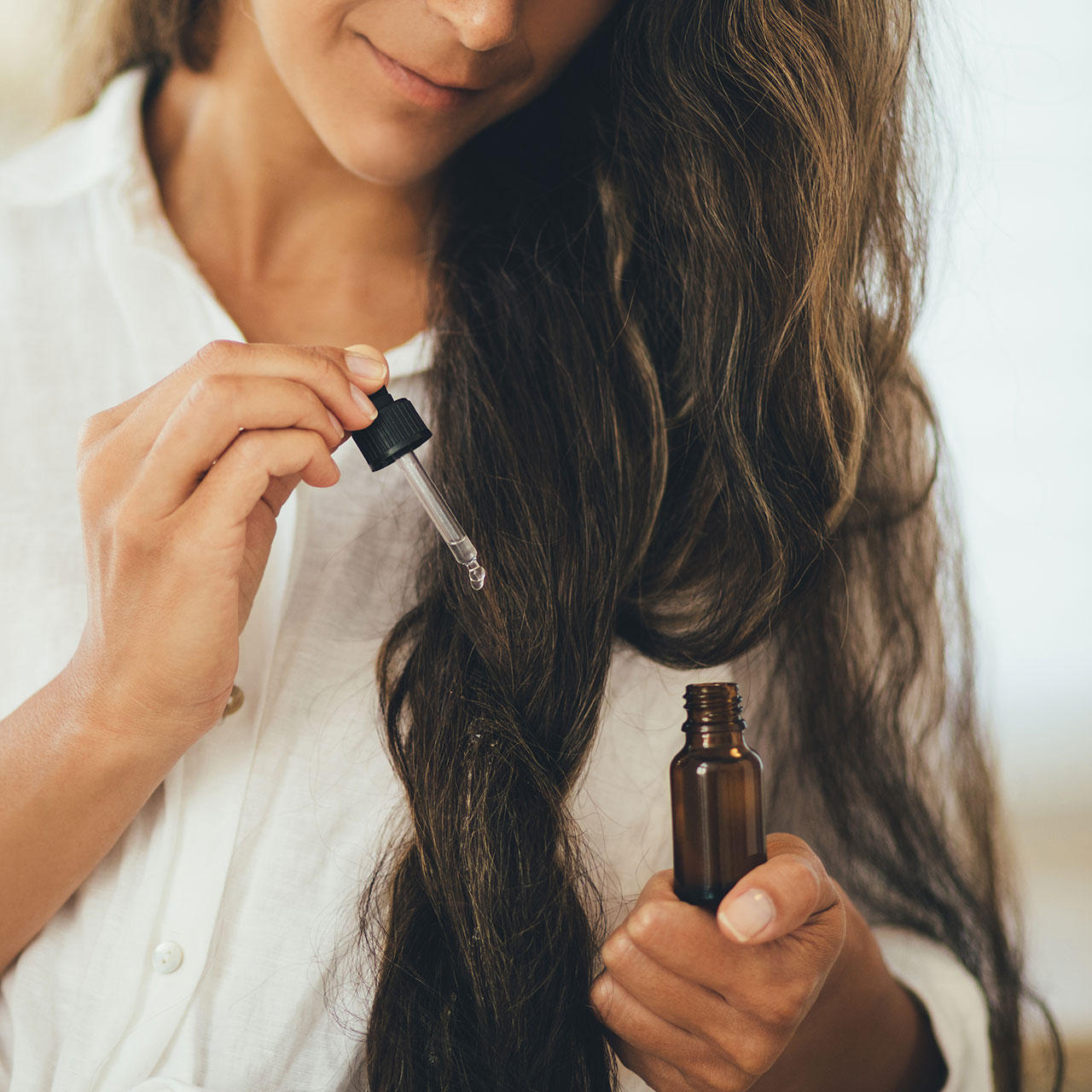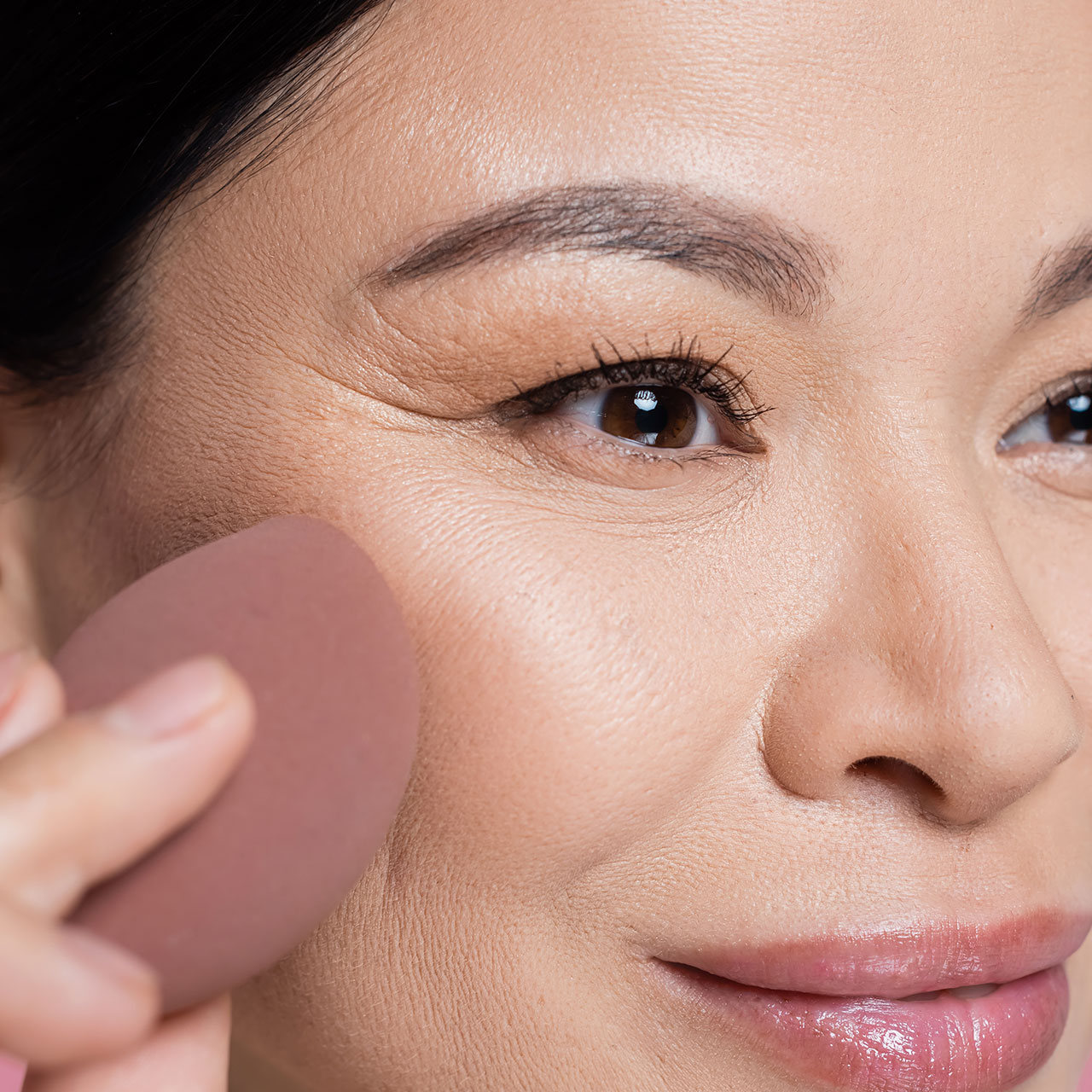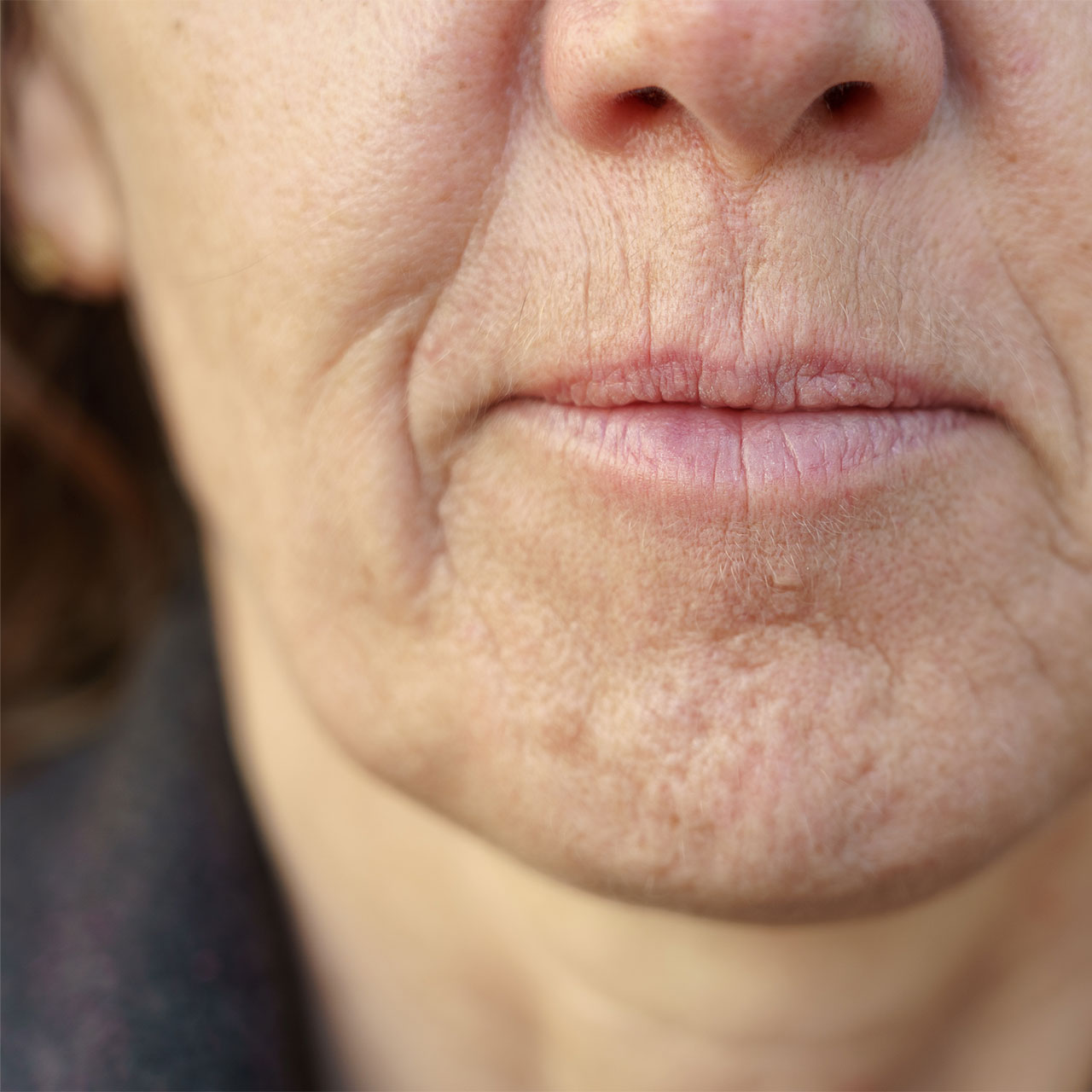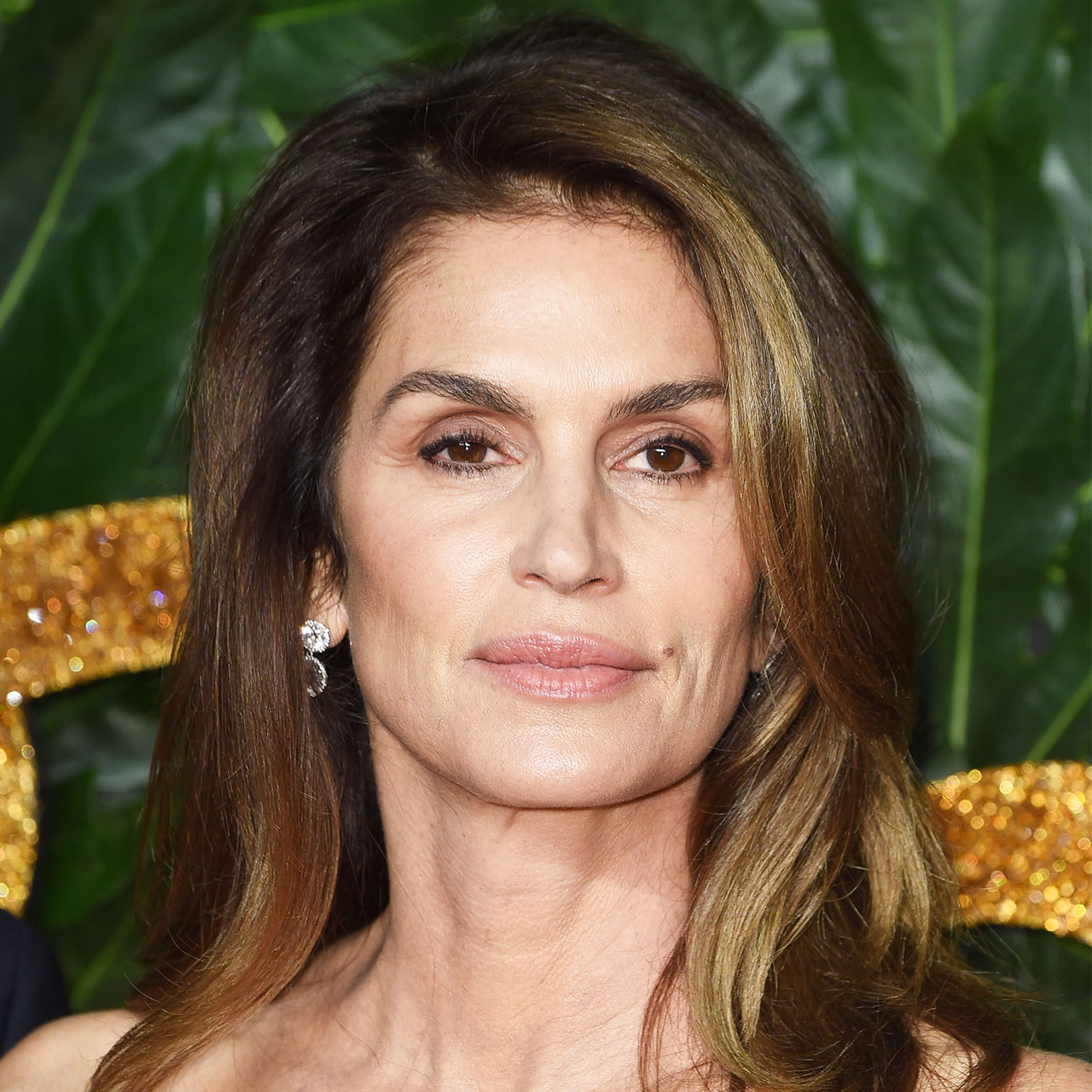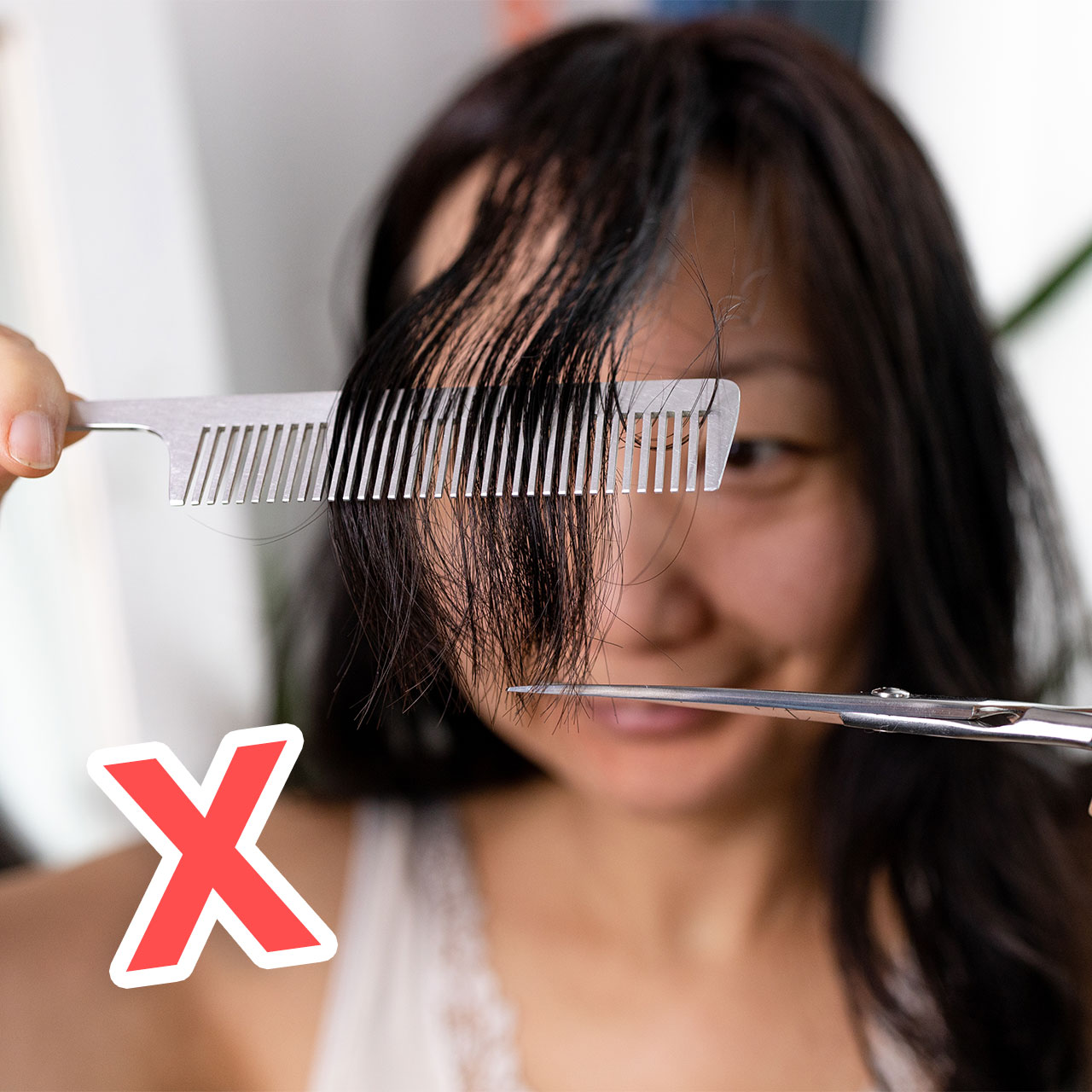This is an archived article and the information in the story may be outdated. Please check the time stamp on the story to see when it was updated last.
The minute you notice more hair shedding, whether in the shower or as you’re going about your day (and occasionally running your fingers through your hair), try not to panic. Easier said than done, of course — but the root cause could be something that you’re lacking in your diet that is contributing to weaker hair follicles.
“Hair shedding can be natural, but in excess, it may be a sign of nutrient depletion or a thyroid condition,” says Jeanette Kimszal, RDN, NLC at Thyroid Nutrition Educators. “Hair loss is often a sign of a thyroid condition. Nutrient depletions are also often common in thyroid dysfunction.”
Kimszal helps us get to the bottom of which vitamin you should be taking over 40 for stronger hair and less fallout.


When it comes to hair fallout, there’s something to keep in mind: there may not be one fixes-everything supplement solution. In fact, Kimszal says the answer to healthier hair is ensuring you have a well-rounded cocktail of vitamins and minerals that you consume every day.
“Zinc, vitamin A, vitamin B, vitamin C, vitamin D, vitamin E, iron, and selenium are nutrients needed for hair growth,” Kimszal says. “Incorporating foods rich in these vitamins may help to improve shedding.”
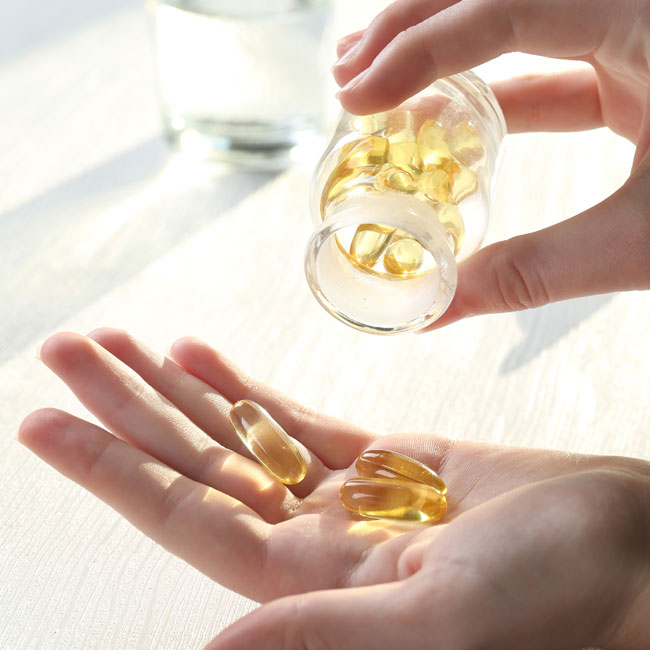
And, the best way to obtain these vitamins and minerals is by eating them. But, don’t worry, Kimszal provides a perfect cheat guide on the foods that contain the ingredients most beneficial to healthy hair:
Foods with zinc - Oysters, red meat, poultry chickpeas, cashews, and almonds
Foods with vitamin A - cod liver oil, eggs, broccoli, orange and yellow-colored veggies, dark leafy greens
Foods with Vitamin B - brown rice, barley, millet, red meat, poultry, fish, eggs, milk, cheese, beans, lentils, sunflower seeds, almonds, broccoli, spinach, citrus fruits, avocados, bananas
Foods with Vitamin C - citrus fruit (oranges, peppers, strawberries, blackcurrants), broccoli,brussels sprouts
Foods with Vitamin D - oily fish (salmon, sardines, herring, and mackerel), red meat, liver, egg yolks, some types of mushrooms
Foods with Vitamin E - sunflower seeds, almonds, peanuts, peanut butter, beet greens, collard greens, spinach, pumpkin, red bell pepper.
Foods with Iron - Beef liver, organ meats, dark leafy greens, dried fruits, legumes, pumpkin seeds, quinoa, turkey
Foods with Selenium - Brazil nuts, pork, beef, turkey, chicken, fish, shellfish, and eggs

Zinc, in particular, is a nutrient that Kimszal says is needed for the production of the T3 hormone and is also responsible for hair follicle development. “Lowering inflammation may also help with hair shedding,” Kimszal says. “During times of stress inflammation and hair loss were increased when studied in humans. Combating and managing stress is also a way to decrease shedding. Mindfulness practices like mediation, yoga, and gratitude may help lower stress.”

And sometimes it’s not just what you add to your diet, but what you take away — or, at the very least, eat in moderation.
“Though not directly related, a high sugar diet may increase chronic inflammation which is associated with hair loss,” Kimszal says. “Perhaps lowering the sugar in the diet may help to improve hair health.”



